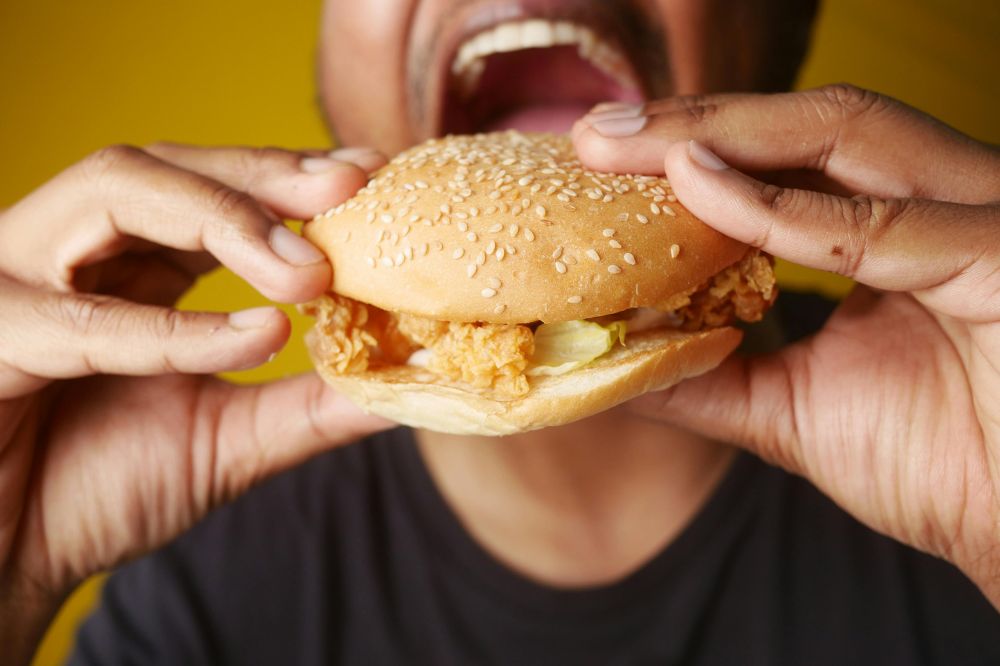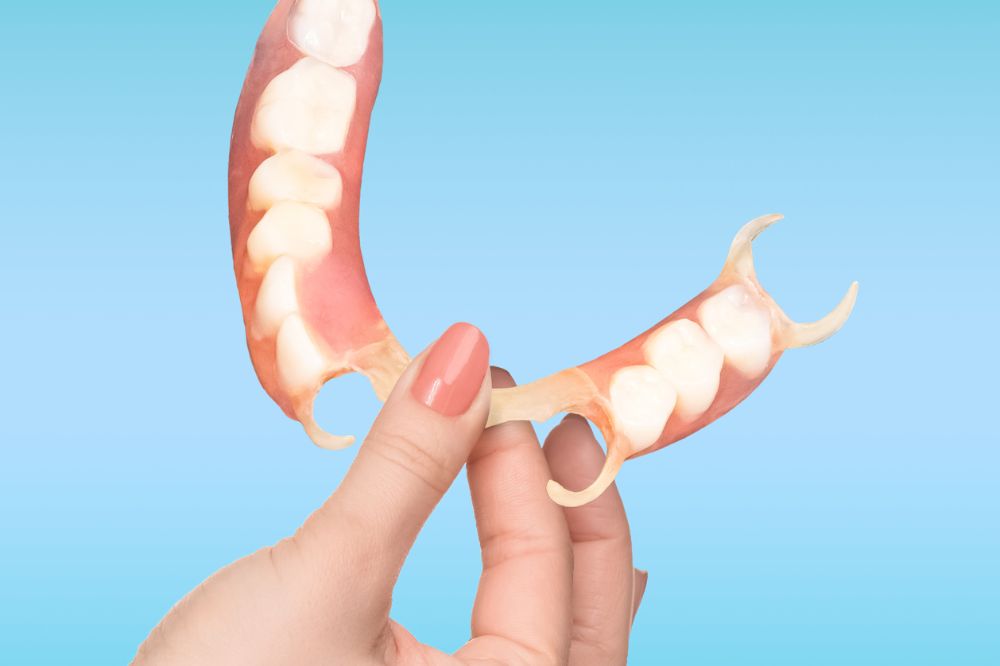
October 22, 2025
Eating with Dentures: Tips for Enjoying Your Favourite Foods Again
Eating with Dentures: getting dentures is a life-changing experience — not only does it restore your smile, but it also allows you to enjoy eating again with confidence. However, adapting to dentures can take some time and patience. Whether you’re new to wearing full or partial dentures, understanding how to eat comfortably and safely is key to maintaining both your oral health and overall enjoyment of food.
At Dentist Acton, we regularly help patients across Acton, Ealing, and West London adjust to life with dentures. Below, we share expert tips on how to make eating with dentures easier, more comfortable, and even enjoyable again.
1. Start with Soft Foods
When you first get dentures, your gums and jaw need time to adapt. During this adjustment period, it’s best to start with soft, easy-to-chew foods such as:
-
Mashed potatoes
-
Scrambled eggs
-
Soups and stews
-
Yoghurt and smoothies
-
Cooked vegetables
Avoid hard, crunchy, or sticky foods like nuts, caramel, or crusty bread at first. These can cause discomfort or even loosen your dentures while your mouth adjusts.
According to the NHS, eating soft foods helps prevent soreness and allows you to build confidence before transitioning to more solid meals.
2. Eating with Dentures: Cut Food into Smaller Pieces
Even after you’ve adjusted, it’s helpful to cut your food into bite-sized pieces. Smaller bites are easier to manage and place less pressure on your dentures and gums. This technique not only improves comfort but also prevents dentures from slipping while chewing.
If you’re eating tougher foods like meat, try cooking them until tender and cutting them into small cubes. You can also use sauces or gravies to make chewing easier.



